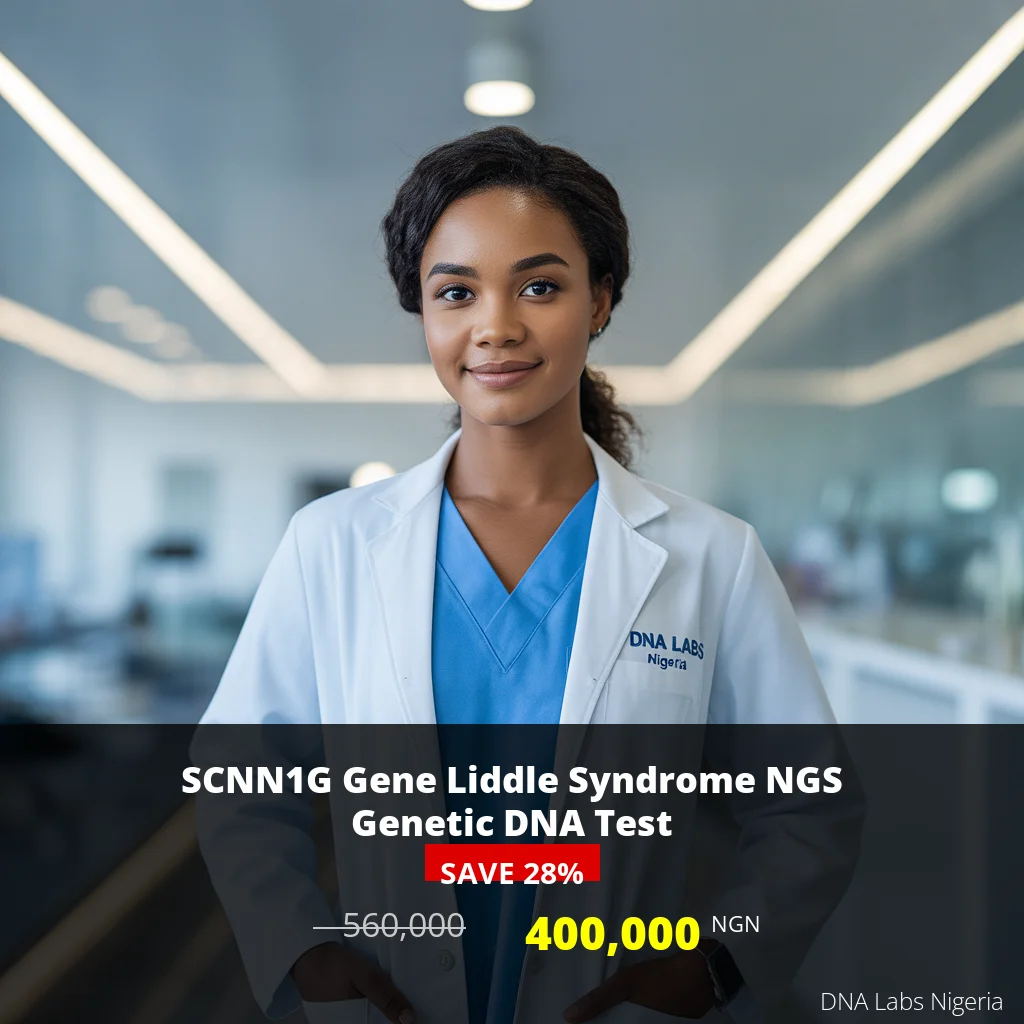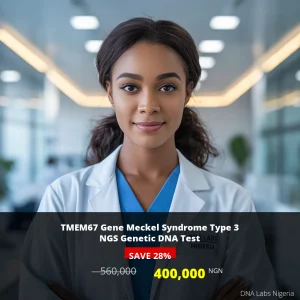SCNN1G Gene Liddle Syndrome NGS Genetic DNA Test
Introduction
The SCNN1G Gene Liddle Syndrome NGS Genetic DNA Test is a cutting-edge diagnostic tool that utilizes Next Generation Sequencing (NGS) technology to analyze the SCNN1G gene. This test is crucial for identifying genetic mutations that lead to Liddle syndrome, a condition characterized by hypertension and electrolyte imbalances. Understanding your genetic makeup can play a significant role in managing health and preventing complications associated with this syndrome.
What the Test Measures
This test specifically measures mutations in the SCNN1G gene, which encodes for a subunit of the epithelial sodium channel (ENaC). Abnormalities in this gene can result in excessive sodium reabsorption, leading to hypertension and other related disorders.
Who Should Consider This Test?
Individuals experiencing symptoms such as:
- Severe hypertension
- Electrolyte imbalances
- Family history of early-onset hypertension
- Symptoms of Liddle syndrome
should consider undergoing this test. Additionally, those with risk factors for genetic disorders related to kidney function and blood pressure regulation may also benefit from this testing.
Benefits of Taking the Test
- Identifies genetic predispositions to Liddle syndrome
- Guides treatment decisions and management strategies
- Provides valuable information for family planning and genetic counseling
- Helps in understanding the underlying causes of hypertension
Understanding Your Results
Results from the SCNN1G Gene Liddle Syndrome NGS Genetic DNA Test will indicate the presence or absence of mutations in the SCNN1G gene. A genetic counselor will assist in interpreting the results, providing insights into their implications for health and family members.
Test Information and Pricing
| Test Name | Discount Price | Regular Price |
|---|---|---|
| SCNN1G Gene Liddle Syndrome NGS Genetic DNA Test | 400,000 NGN | 560,000 NGN |
Booking the Test
To book the SCNN1G Gene Liddle Syndrome NGS Genetic DNA Test, please contact us at +2348110567037 or visit our website. Ensure you have a clinical history prepared and consider a genetic counseling session to discuss any family history of Liddle syndrome.
Turnaround time for results is approximately 3 to 4 weeks. Sample types accepted include blood, extracted DNA, or one drop of blood on an FTA card.







